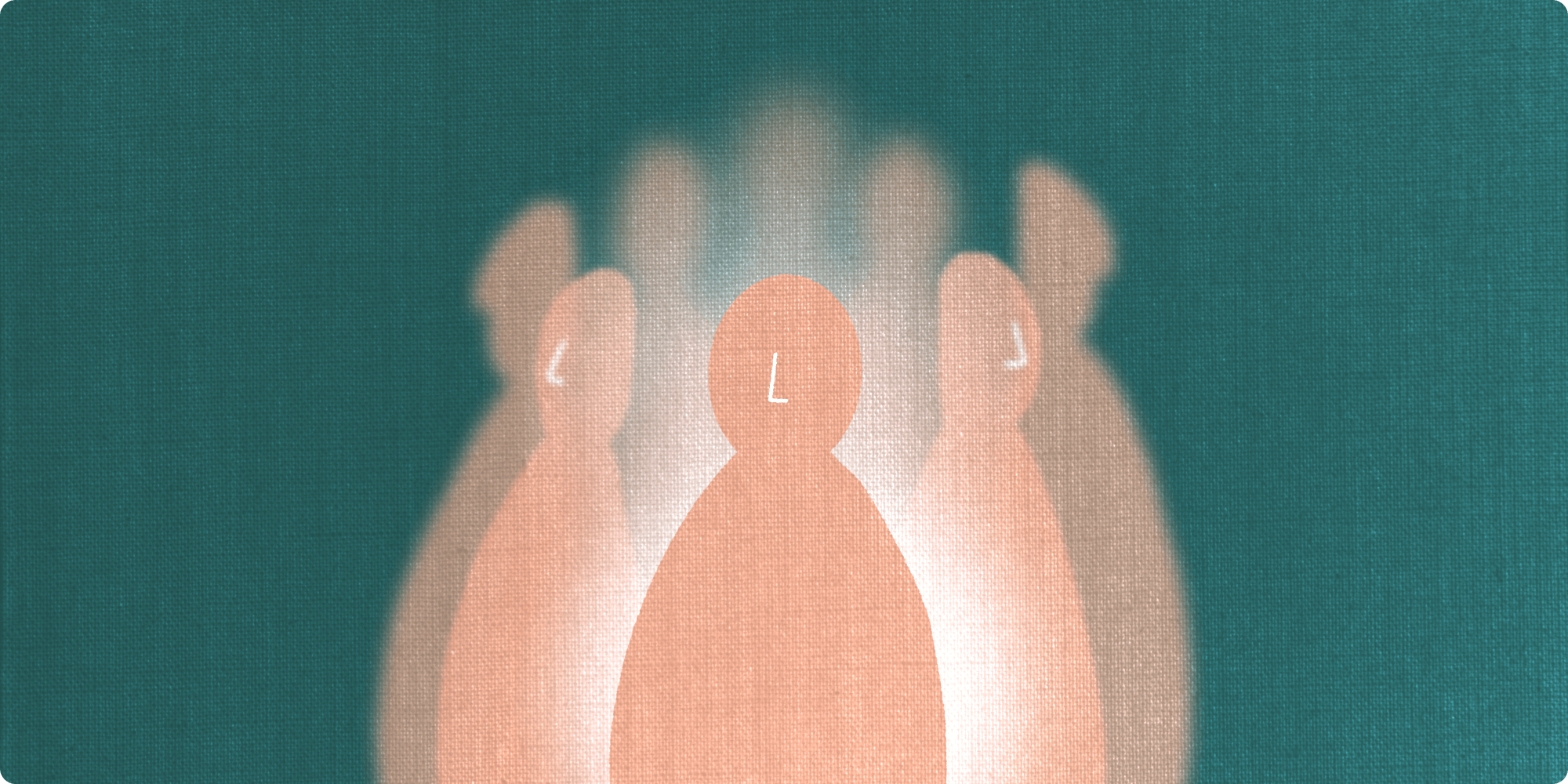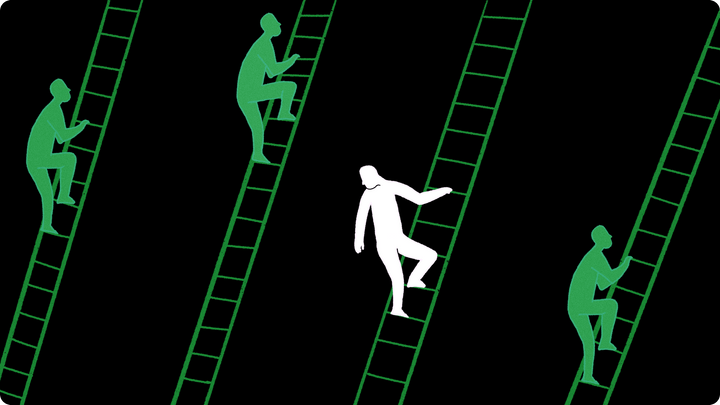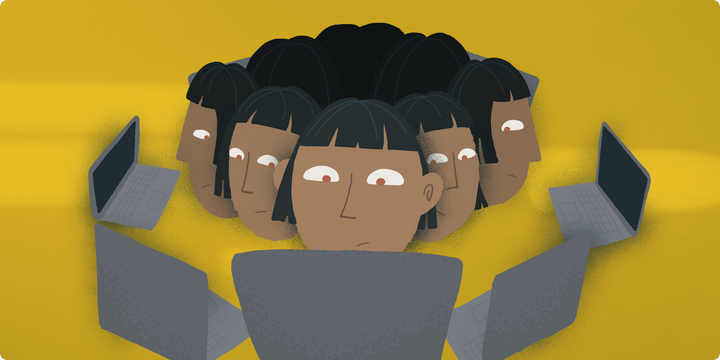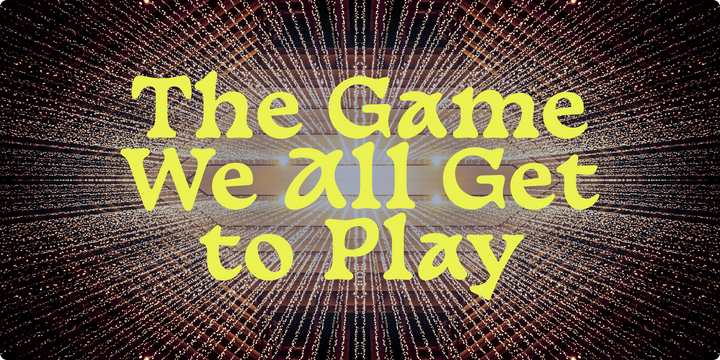What a Post-work Future Can Look Like
"The fields would explode into this brilliant chaos of all our individual purposes."

The first time I understood the term 'post-work' was in September of 2018 in Copenhagen. I was attending Techfestival and had found my way to a session called Humanity 2.0 Emerging Technologies and Human Ways in some room in a neighbourhood school. It was moderated by Mark Bunger and the panelist who got me most excited was Cecilia M Tham. She was exploring what humanity's purpose would be if we ran out of things to do. She claimed that in the future, there will be many economies. A machine economy, without humans in the equation. A fulfillment economy, cause if machines take care of the logistics, might as well do what you love.
I’ve always been surprised when people say they worry getting bored once they retire. Those who think that after they’ll have travelled a bit and watched plenty movies and spent whole days relaxing by a pool, they should get bored soon enough. I don’t know what category these folks fall under, but I am not from the same tree.
I’m from the crew that thinks once we eradicate (human) work in our economy, humanity finally stands a chance at "literally astonishing itself".
"If we did all the things we are capable of doing, we would literally astonish ourselves"
— Thomas Edison
The main thing stopping us, collectively, from doing all the things we are capable of doing, is time. And the biggest time-eater we have control over as a civilization, is work. (It’s actually money but that’s a whole other story.) Once we’ll have levelled up our capitalist mentality from requiring so much human labour to thrive, we’ll deserve the reward of time. We’ll get our human time back, our living time back.
Time we’ll, at the collective level, have trouble realizing we even had so much of all along, but were giving away for money. Time we’ll hopefully finally realize the quality and value of. Time we’ll never again take for granted. Time we’ll have the luxury to savour slowly. Time that for the first time, won’t be tied to stress, pressure, guilt or anxiety.
With this newfound time, we could finally embrace our hobbies, passion projects, giving for the sake of giving, sitting for the sake of sitting, slow eating, mindful breathing, and most importantly, not owing our time to another person’s life project.
With this newfound time, we will finally enable and validate these things that typically count as "extra" in one’s schedule since so few of us manage to make all the Ikigai venn diagram circles meet with "things one can get paid for". Currently, when one dares to venture into this passion-driven path to create a business out of a hobby, they get praise and press and put on this podium for daring to do what they love. Even though if you think about it, doing what you love is the least scary career path there is. When compared to a first day as an intern in a big law firm, that’s scary. Even having to pick a study path when you’re 16 or 17, that’s scary. Whereas crafting homemade goods or pieces of art from your kitchen or garage, listing them online and being told with each sale, I love your ideas, that should have been the definition of work all along. Or developing human-scale organic farms and selling your harvest to mindful shoppers at the farmer's market and being told with each sale, thank you for treating Mother Nature kindly, that should have been the definition of work all along.
With this newfound time, we could fully devote ourselves to this personal work so many of us feel called to do, even if it’s unpaid. These unwritten books hiding in so many of us, these topics we’re infinitely curious about, these poems waiting to be unravelled. This unpaid work is the primary work. Or at least it should be.
With this newfound time, we wouldn’t have to split our creative attention and feel forced to give the better part of it to whoever happens to pay us. We would receive all of our own creativity, we would preserve all our mental energy. We would finally own them.
The big thing here is that we'd all be entrepreneurs in the ideal scenario of not needing to make any profits. Once we reach post-work, I believe we’ll tap into our true potential and won’t be tied anymore to the potentials of the specific industries that ended up defining the world. It won’t be just either this or that, marketing or finances or retail or technology. The fields would explode into this brilliant chaos of all our individual purposes. And then the connections between us would spark from this root of love, instead of the circumstantial happenstance of sitting next to each other in the office, or having breaks at the same time.
Work has been defining so much of our lives, it’s even been defining our identities. And I love pondering over what the post-work future looks like because I feel like that’s what life as a human was always meant to look like. However, it might not have looked so exciting and filled with possibility if it weren’t for the culture of work we do have right now. Whether we like it or not, capitalism created innumerable opportunities and innovations that made it possible to imagine a future powered by passion rather than the necessities of automatable work like manufacturing, transportation and logistics.



